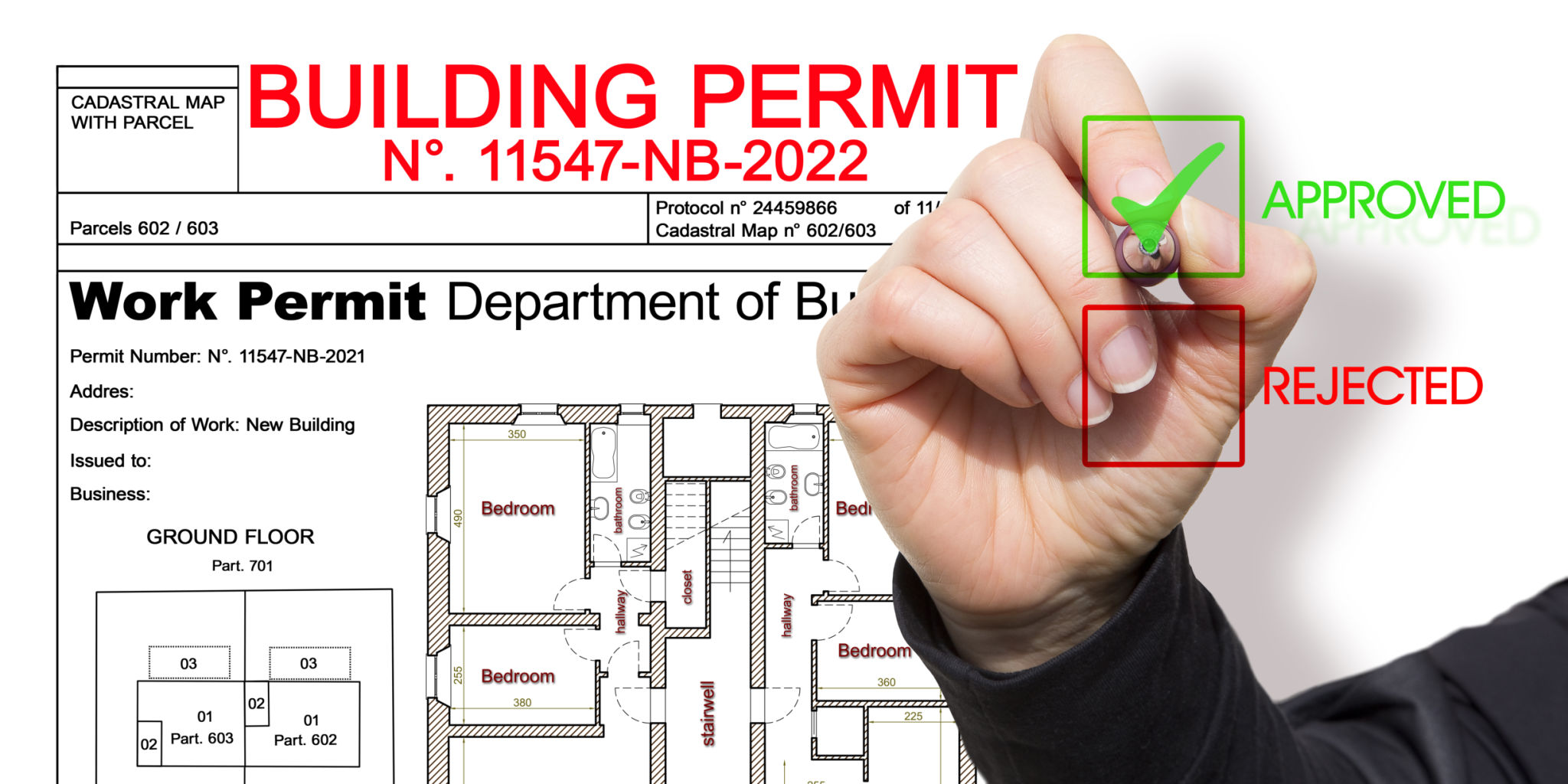Understanding Local Regulations for Hardscape Projects in Charlotte
Understanding Local Regulations for Hardscape Projects in Charlotte
When planning a hardscape project in Charlotte, understanding the local regulations is crucial to ensuring the success of your project. These regulations are designed to maintain the city's aesthetic appeal, ensure safety, and protect the environment. Whether you're installing a new patio or constructing a retaining wall, knowing the rules can save you time and money.

Permits and Approvals
Most hardscape projects will require permits from the city of Charlotte. The type and number of permits depend on the scope and location of your project. For instance, building a deck or patio often requires a zoning permit, while constructing a retaining wall might need a building permit. It’s essential to check with the local zoning office to determine what permits are needed for your specific project.
Additionally, some neighborhoods may have specific homeowners association (HOA) guidelines that must be adhered to. These guidelines can include restrictions on materials, colors, and even the style of the hardscape elements. Consulting with your HOA before starting the project can prevent potential disputes.

Environmental Considerations
Charlotte places a strong emphasis on environmental conservation. This means that your hardscape project must comply with regulations designed to protect local ecosystems. For instance, projects near water bodies may have additional requirements to prevent erosion or water contamination. Additionally, you may need to incorporate stormwater management solutions to reduce runoff.
Using permeable materials can also be a part of local regulations. These materials allow water to pass through, reducing runoff and helping to replenish groundwater. This is particularly important in urban areas where impermeable surfaces can lead to flooding.

Safety Standards
Safety is a top priority in any construction project, and hardscaping is no exception. Charlotte’s regulations ensure that all structures are safe for public use. This includes requirements for structural integrity, proper drainage, and accessibility. For example, retaining walls over a certain height may need to be engineered to ensure they can withstand pressure from soil and water.
Additionally, pathways and patios must be designed to prevent slips and falls. This can involve choosing the right surface materials and ensuring proper slope and drainage.

Working with Professionals
Due to the complexity of these regulations, many homeowners choose to work with professional contractors who are familiar with local codes. These experts can not only help navigate the permits and approvals process but also ensure that the project complies with all relevant regulations. Their experience can be invaluable in avoiding costly mistakes and ensuring a smooth construction process.
Before hiring a contractor, verify their credentials and ask for references. A reputable professional should have a track record of successful projects and happy clients. They should also be transparent about costs and timelines.
Conclusion
Understanding local regulations for hardscape projects in Charlotte is essential for a successful and compliant outcome. By securing the necessary permits, considering environmental impacts, and adhering to safety standards, you can create a beautiful and functional outdoor space. Whether you’re a DIY enthusiast or working with a professional, keeping these guidelines in mind will help you navigate the process smoothly.
Remember, the key to a successful hardscape project lies in thorough planning and adherence to local regulations. With the right approach, you can transform your outdoor space into a stunning and sustainable environment.
